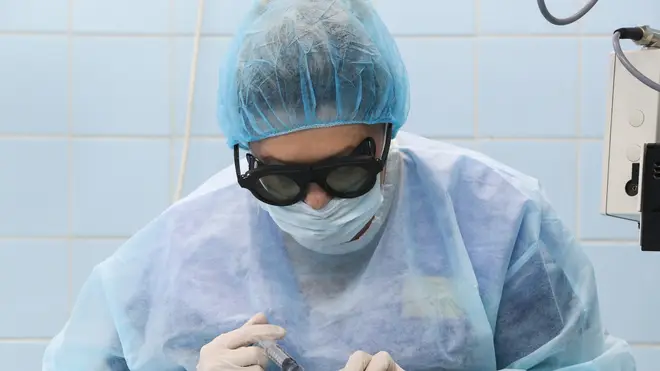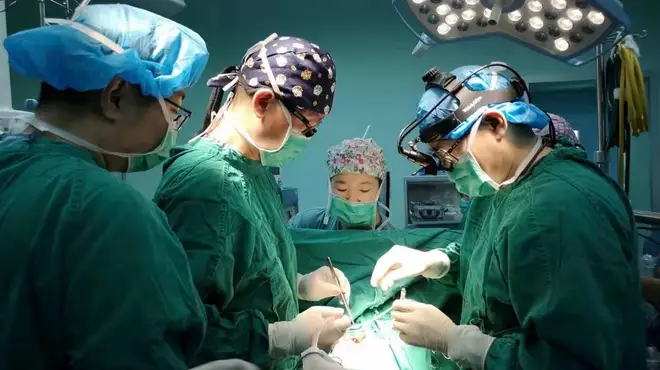
Matthew Wright 7am - 10am
18 December 2019, 00:00

Those living in the most deprived areas of the country are 29 per cent more likely to die following a common surgical procedure than people living in the richest places.
The poorest people in England are more likely to die after surgery than those who are more affluent, a new study has found.
Even after adjusting for pre-existing health conditions at the time of surgery, the risk of dying was still higher for the poorest patients.
The study, which analysed data from 58,790people who underwent an emergency laparotomy, a surgery often performed to help severe abdominal pain, showed that there are factors that influence the risk of a patient dying within 30 days of an emergency laparotomy.
The socioeconomic factors looked into were a patient's income, education, standard of housing and overall access to healthcare.

Lead author Dr Tom Poulton, from University College London, said: "We need to be looking beyond acute patient care provided immediately before, during and after surgery.
"As well as raising awareness of health issues, we should be looking beyond the normal remit of healthcare professionals, to housing, childcare, education, employment and working conditions, in determining how to achieve the best possible outcomes for patients undergoing major surgery."
Co-author Professor Ramani Moonesinghe, from University College London, said: "We are satisfied we have identified a significant association between patient poverty and the mortality rates following this commonly performed emergency procedure.
"However, currently there are no data to indicate the precise reasons for this link.
"Possible causes could include lifestyle-related risks, delayed diagnosis or presentation to hospital, along with follow-up access to healthcare services after discharge."
The study, published in the British Journal of Anaesthesia, included data from 178 NHS hospitals across England for surgery carried out between December 2013 and December 2016.